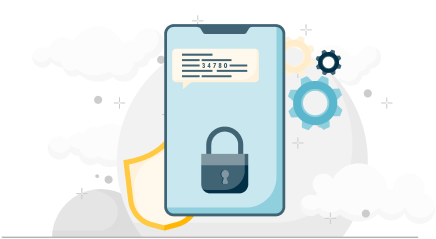Thank you for reaching out.
One of our experts will be in touch soon

One of our experts will be in touch soon





Verifying OTP...
General
Read our next blogs
SiteCRM is built to simplify how Indian businesses manage leads,
sales, and
customer relationships. With intuitive tools, new gen
features and a support-first approach, we
help you close deals faster.
Primary Pages
Copyright © 2025 VSNAP Technology Solutions Pvt Ltd. All Rights Reserved.
SiteCRM is built to simplify how Indian businesses manage leads, sales, and customer relationships. With intuitive tools, new gen features and a support-first approach, we help you close deals faster.
Primary Pages
© 2025 | Vsnap Technology Solutions Pvt. Ltd.